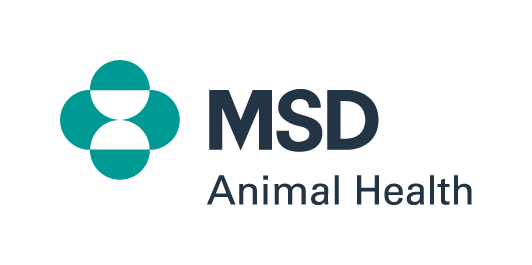Johannesburg Wildlife Veterinary Hospital rehabilitates endangered Pangolins and treats them with BravectoⓇ
Pangolins are shy, nocturnal animals that eat only ants and termites. They are the only mammal on earth covered in scales, and they use these overlapping shields as protection when they roll into a tight ball. No predator can penetrate these scales, not even an adult male lion. Pangolins have been on the planet for more than 80 million years, but then humans came along and decided that the scales would make a good ingredient in traditional medicinal products, especially in Asia.
The eight pangolin species worldwide have now been poached to near extinction and the Temminck’s pangolin (Smutsia temminckii) in Southern Africa is no exception. The Johannesburg Wildlife Veterinary Hospital (JWVH) is the main facility in South-Africa where Temminck’s pangolins are treated and rehabilitated when they have been confiscated from the illegal trade. The poachers keep these animals in bags or drums for up to three weeks, without food or water, and this leads to a myriad of serious health concerns.
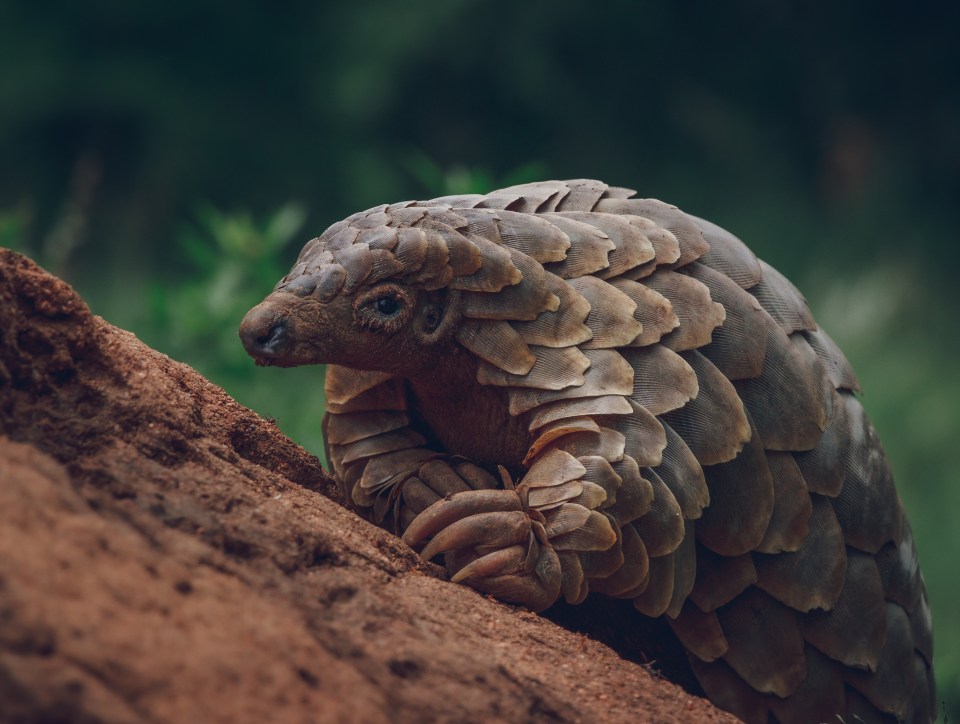
These animals need specialist veterinary care for periods of up to three months before they are again healthy enough to be released. Some of their health issues include lacerations, deep pyoderma, pneumonia, increased tick burden, exocrine pancreatic insufficiency, hepatitis, pancreatitis etc. The hospital has two of the most experienced vets worldwide when it comes to treating this particular species, Dr Karin Lourens and Dr Kelsey Skinner, and has treated 165 pangolins since opening in 2017. The treatment of these animals are complex and with their closest living relatives being felids, drug regimens are often based on felines.
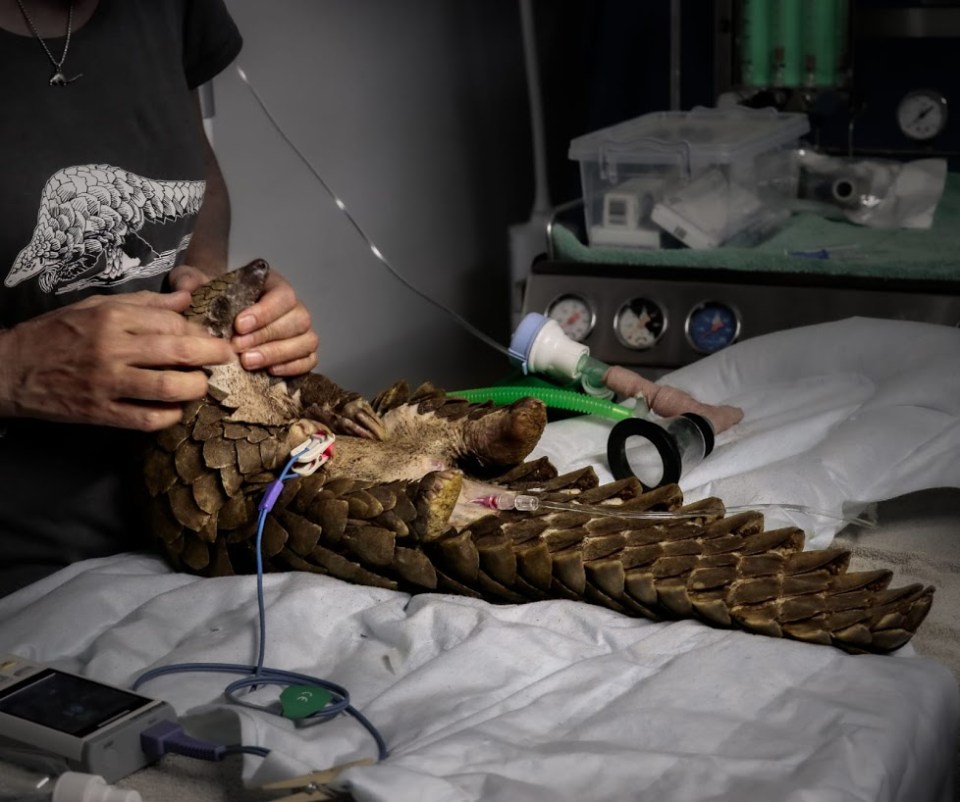
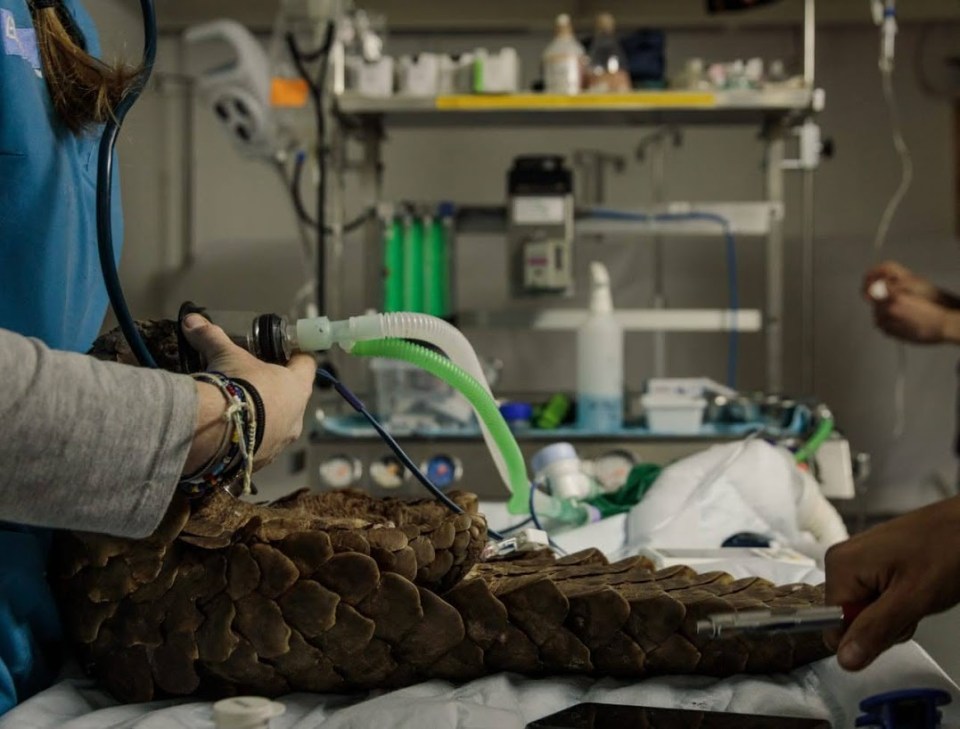
One of the easier health concerns to address is a high tick burden. In the wild pangolins have a very low parasite load, but when caught by poachers, they are often tied up near/in a cattle/sheep kraal. The treatment of choice for this is oral Bravecto. The hospital has used this product successfully for almost two years now and has not once experienced any side effects, in fact, we use Bravecto in most of our mammal in-patients.
Pangolins are now the most trafficked mammal on the planet and without serious intervention will most likely become extinct within the next decade. Awareness and education are two very important aspects when it comes to addressing illegal wildlife trade and this can only be successful when all countries and different cultures work together.
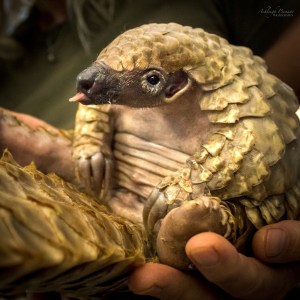
The JWVH is a non-profit wildlife veterinary hospital and rehabilitation center combined, the only one of its kind in South-Africa. The facility treats and rehabilitates small and medium indigenous wildlife with the goal that they be released back into the wild. None of the patients have owners and the hospital therefore has no clients. All the work done by the hospital is donation based and the doors stay open due to the generosity of the public and corporate entities. If you would like to support the JWVH, please see their websites for ways to do this: www.johannesburgwildlifevet.com
Written by Dr Karin Lourens, Johannesburg Wildlife Veterinary Hospital
